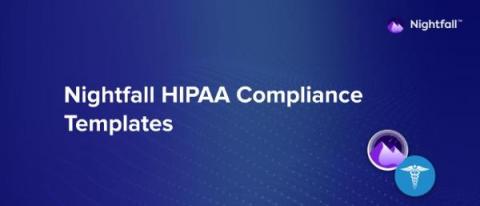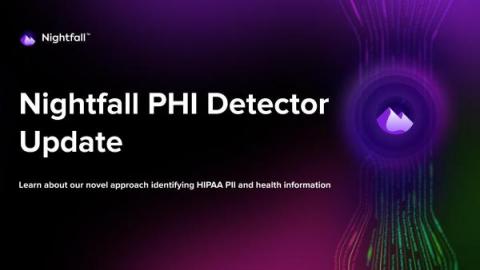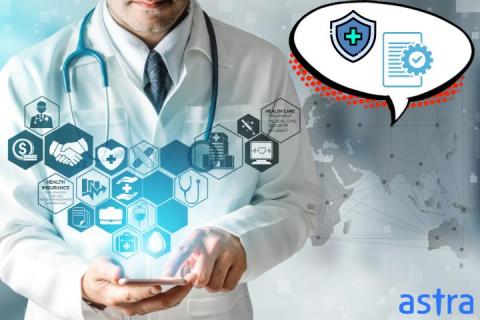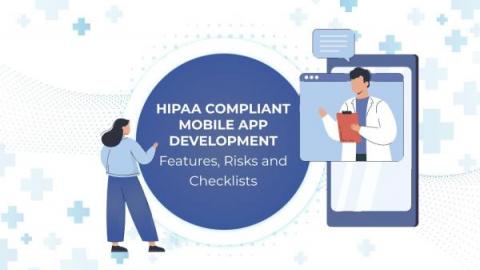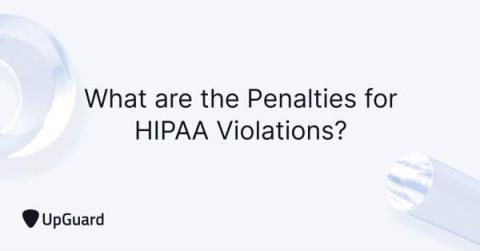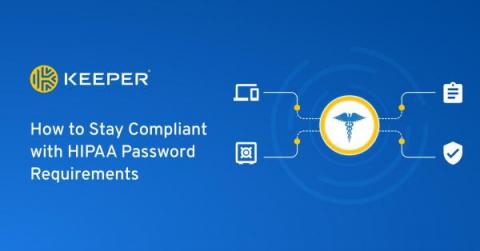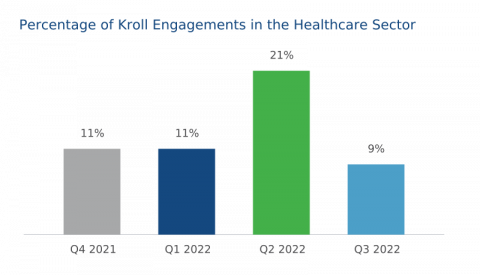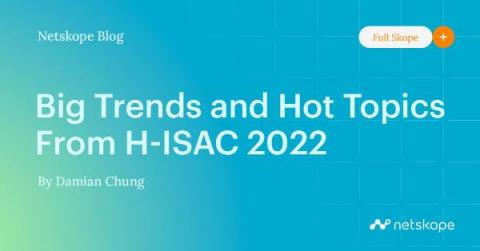How to Set use Nightfall Compliance Templates for Pain-free HIPAA Compliance
In this latest blog post we are going to show you how to best set up Nightfall to discover and protect HIPAA data stored across your organization, maintaining patient privacy and helping avoid regulator fines.


